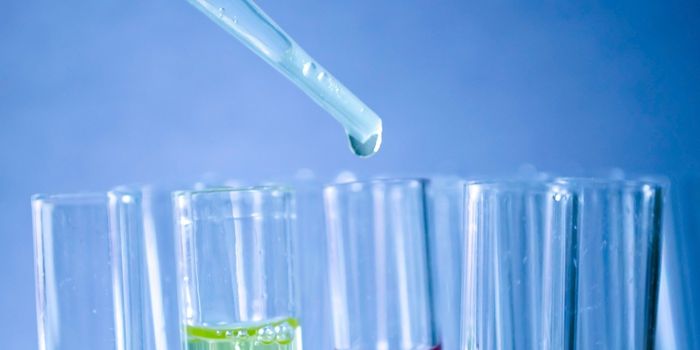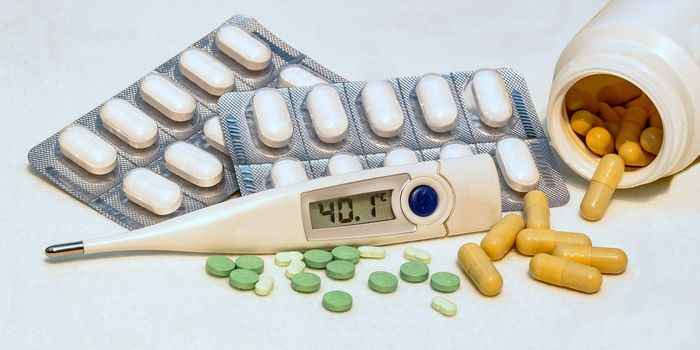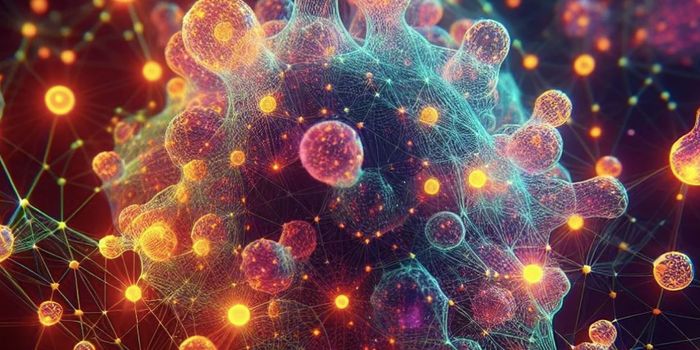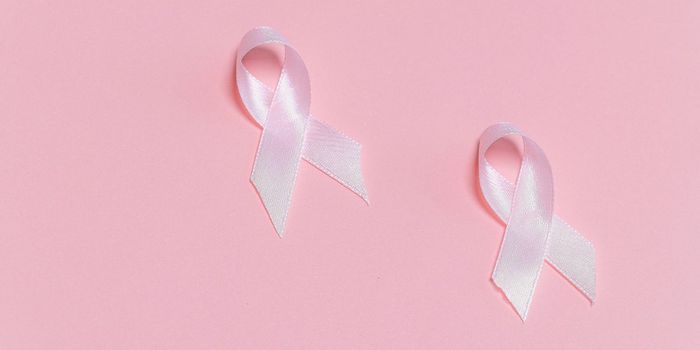Killers With a Hit on the Spike
Natural killer cells, or NK cells, are specialized immune cells of the innate immune system. Their job revolves around eliminating the spread of cells that are either cancerous or that have been infected by pathogens.
Certain cell therapy strategies aim to harness the power and potential of NK cells by genetically modifying them to target specific antigens. A recent study has demonstrated that one of these potential targets is the spike protein of the COVID-causing coronavirus, SARS-CoV-2. The research team that performed the work were from the Center for Immunity and Inflammation at the New Jersey Medical School.
For cell therapy applications, the modification of the cells involves the isolation of immune cells from the peripheral blood or bone marrow before genetically engineering them to express the chimeric antigen receptor or CAR. Approved cell therapies using CAR-T cells, mostly for cancer treatments, have not been the first choice as COVID therapies. In some patients, the administration of CAR-Ts can result in the side effect of raising systemic levels of cytokines in the body, similar to the “cytokine storm” caused by SARS-CoV-2 infections. CAR-NKs, however, are gentler and less likely to have these unwanted adverse effects.
In the study published in the bioRxiv preprint server, scientists developed NK cells that express CAR using the S309 antibody—an antibody isolated from individuals who had recovered from COVID infections, which showed high affinity for the spike protein of the virus, which upon binding, neutralizes it.
Why not just use the S309 antibody as a therapeutic? Because, say the authors, the half-life of monoclonal antibody therapies is only around three weeks. In contrast, these modified NK cells persist for much longer, forming a more potent and lasting shield against infection symptoms.
The next steps are to further validate S309-CAR-NK against full viral particles rather than the pseudotyped spike protein molecules used in the study. Testing in pre-clinical animal models will also help predict the potential efficacy of the new therapy in patients.
“These results pave the way for generating ‘off-the-shelf’ S309-CAR-NK cells for treatment in high-risk individuals as well as provide an alternative strategy for patients unresponsive to current vaccines,” wrote the authors in the manuscript.
Source: bioRxiv.









